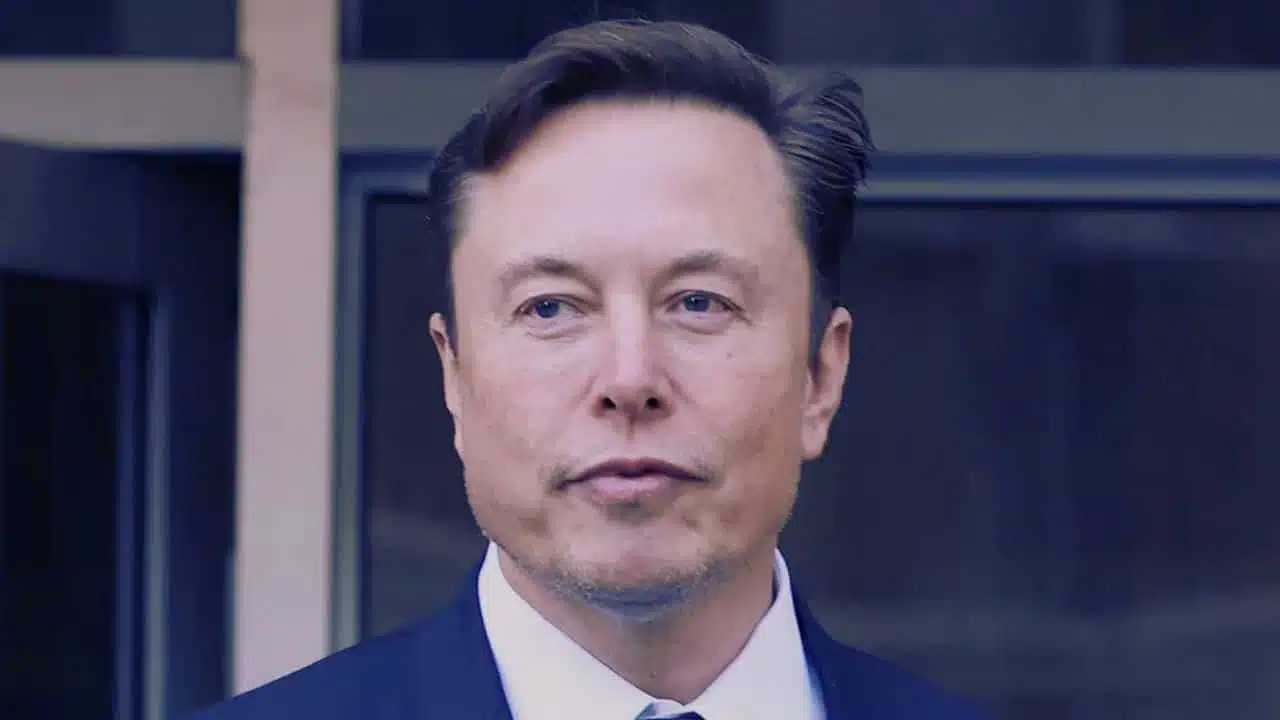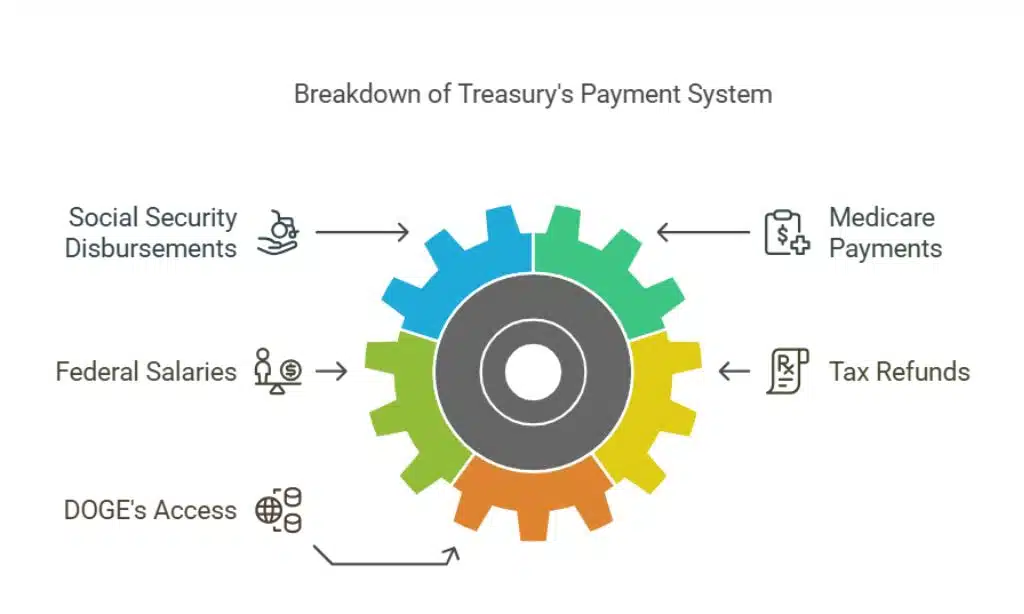Elon Musk’s Department of Government Efficiency (DOGE) has been granted access to the U.S. Treasury Department’s payment system, which manages trillions of dollars annually. This development has ignited significant debate and concern among lawmakers, government officials, and the public regarding the implications for federal financial operations and data security.
Background on the Department of Government Efficiency (DOGE)
Established by President Donald Trump in January 2025, the Department of Government Efficiency (DOGE) is a temporary organization aimed at streamlining federal operations and reducing government spending. Elon Musk, appointed to lead this initiative, has been vocal about eliminating waste and corruption within federal agencies. DOGE operates under the umbrella of the United States Digital Service, which was renamed the United States DOGE Service following an executive order. The organization has been tasked with implementing the President’s 18-month agenda to enhance government efficiency.
Access to the Treasury’s Payment System
The U.S. Treasury’s payment system is a critical infrastructure that handles disbursements for Social Security, Medicare, federal salaries, tax refunds, and other essential payments, totaling over $6 trillion annually. Traditionally, this system has been managed exclusively by career civil servants to ensure its integrity and security.
In late January 2025, Treasury Secretary Scott Bessent authorized DOGE’s access to this payment system. This decision followed the departure of David Lebryk, a long-serving Treasury official who resigned after reportedly resisting DOGE’s requests for access. The Treasury Department has clarified that DOGE’s access is “read-only,” meaning that while DOGE personnel can view payment data, they do not have the capability to alter payment instructions or execute transactions.
Elon Musk’s Actions and Statements
Elon Musk has been proactive in his role, announcing intentions to halt payments he deems fraudulent or wasteful. He has also placed young engineers, some as young as 19, into key government positions to aid in his efficiency efforts. This approach has raised questions about the qualifications and oversight of these individuals.
Concerns and Criticisms
The granting of access to DOGE has raised several concerns:
- Data Security and Privacy: The payment system contains sensitive personal information of millions of Americans, including Social Security numbers and bank account details. Critics argue that granting access to individuals outside the traditional government framework could pose risks to data security and privacy.
- Potential for Political Interference: Lawmakers, particularly Democrats, have expressed alarm over DOGE’s access to sensitive financial data. Senator Ron Wyden has questioned the security implications and the potential for misuse of information.
- Qualifications of DOGE Personnel: Reports indicate that DOGE’s team includes young engineers with limited government experience. This has led to concerns about their ability to navigate complex federal systems and uphold established protocols.
Political and Legal Implications
The situation has heightened political tensions, with critics arguing that Musk’s involvement blurs the lines between private interests and public governance. Legal experts are debating the constitutionality of DOGE’s actions, especially concerning the separation of powers and the potential overreach of executive authority.
Public Response and Protests
The move has also sparked public outcry. Protests have been held outside the Treasury Department, with participants expressing concerns over the potential misuse of sensitive information and the broader implications of Musk’s influence over federal operations.
As DOGE continues its efforts to reform government operations, the balance between efficiency and oversight remains a focal point of discussion. The full impact of Musk’s involvement in federal affairs is yet to be determined, but it has undeniably sparked a significant debate about the role of private individuals in public governance.









































